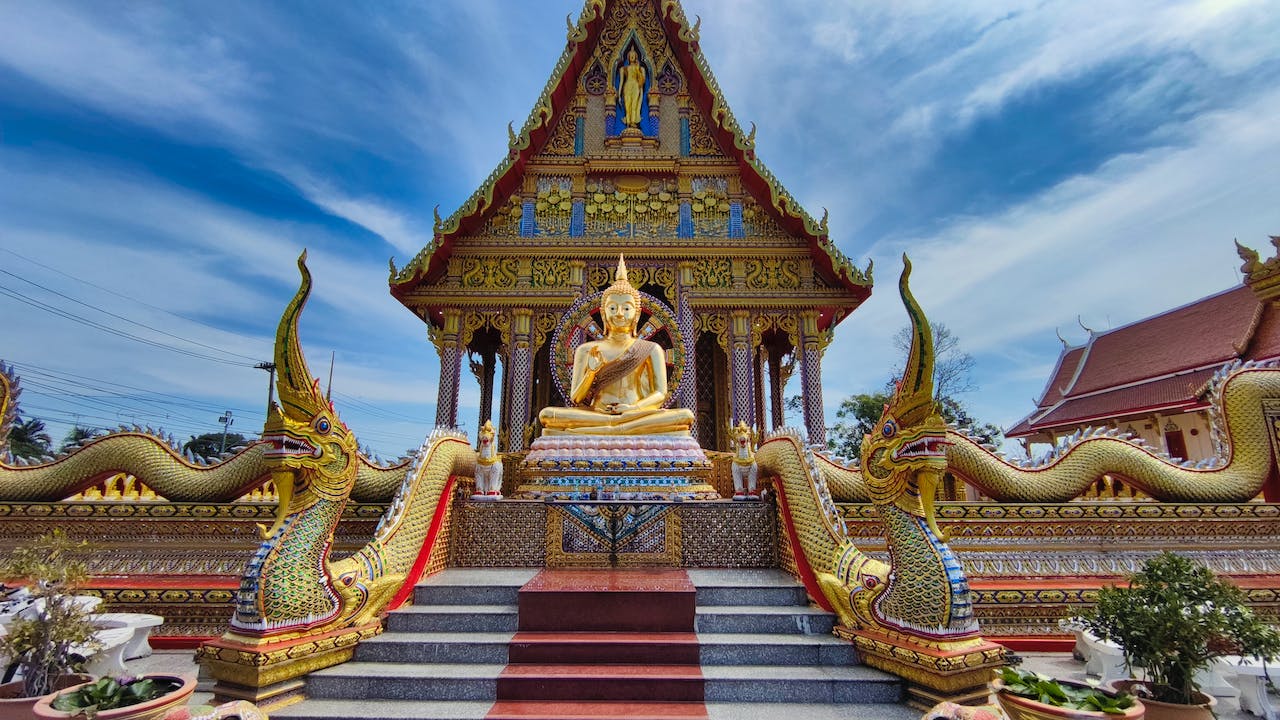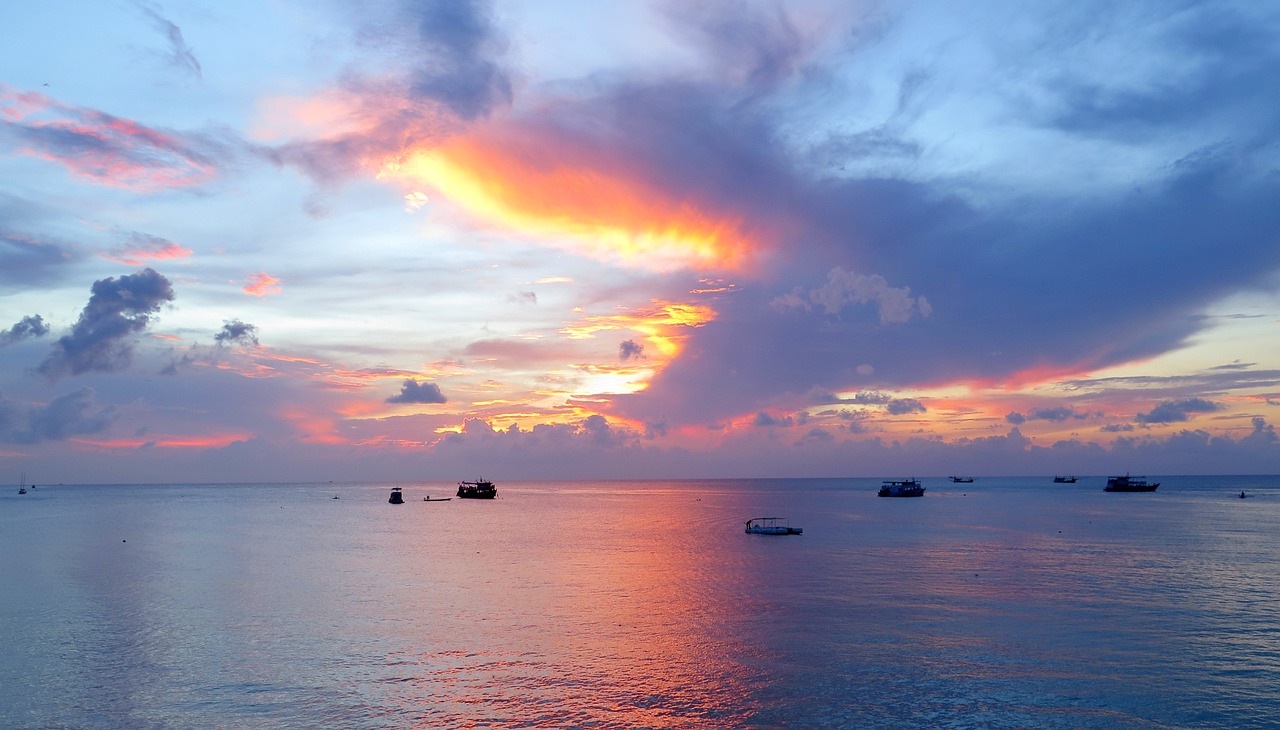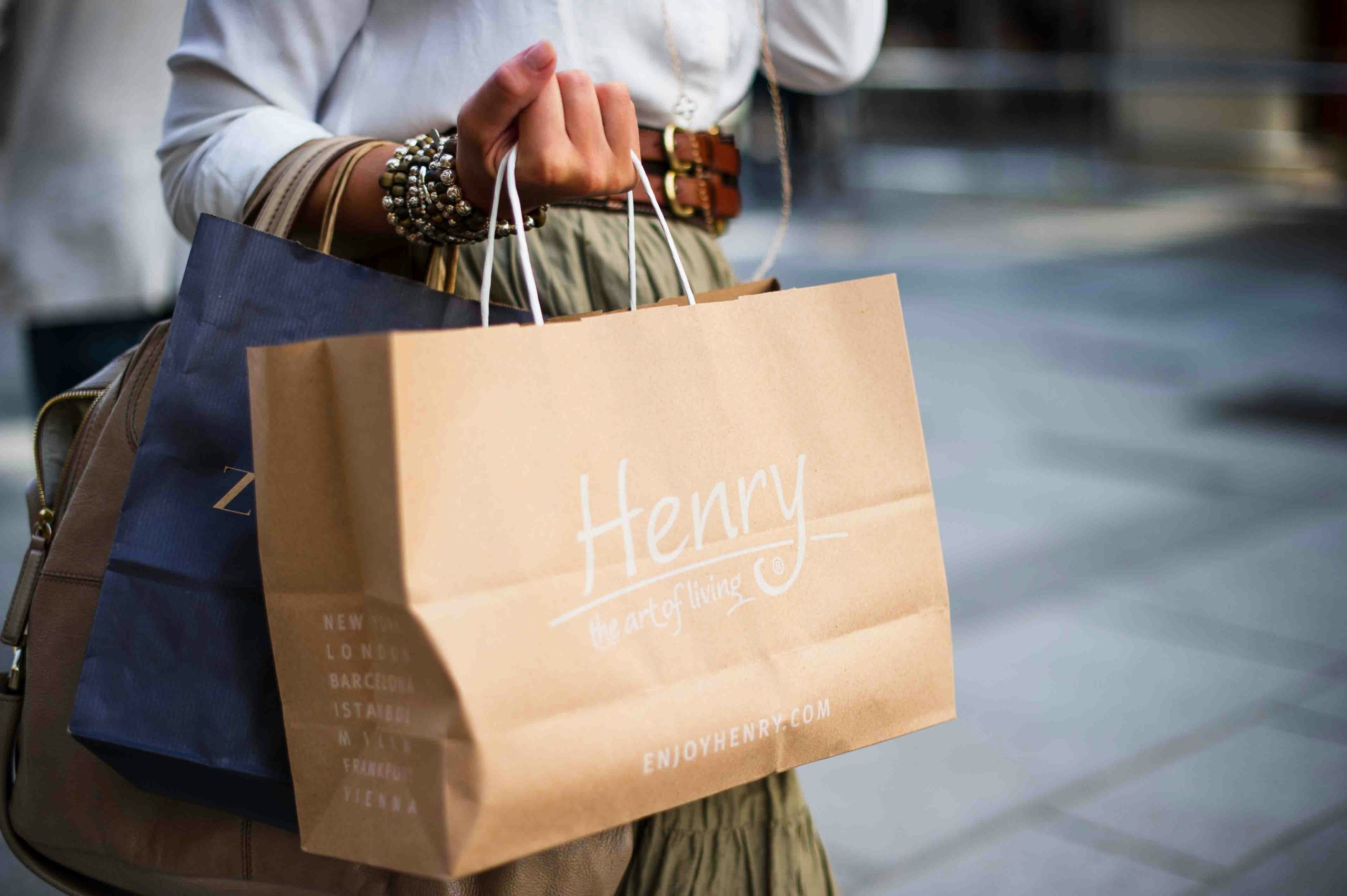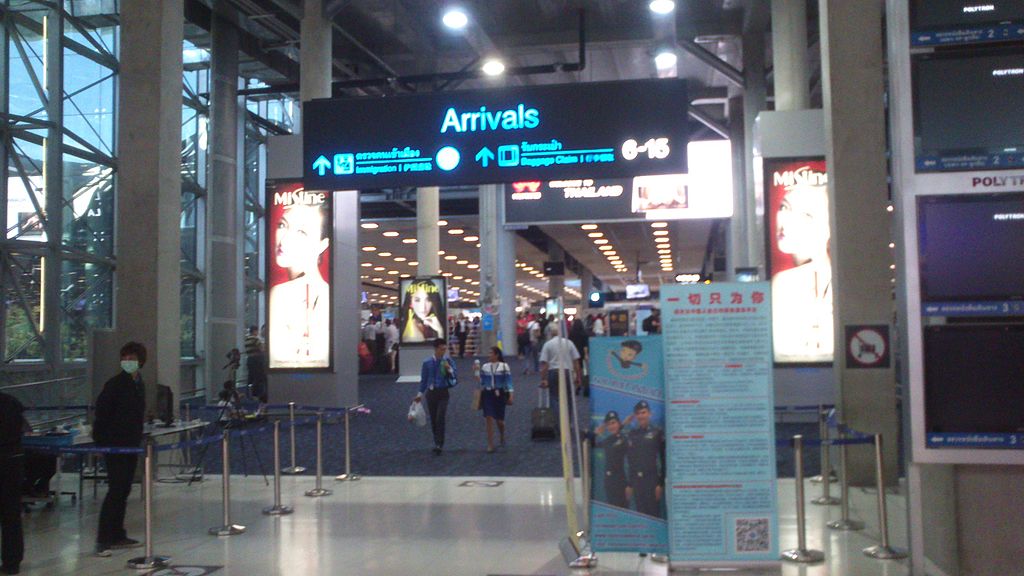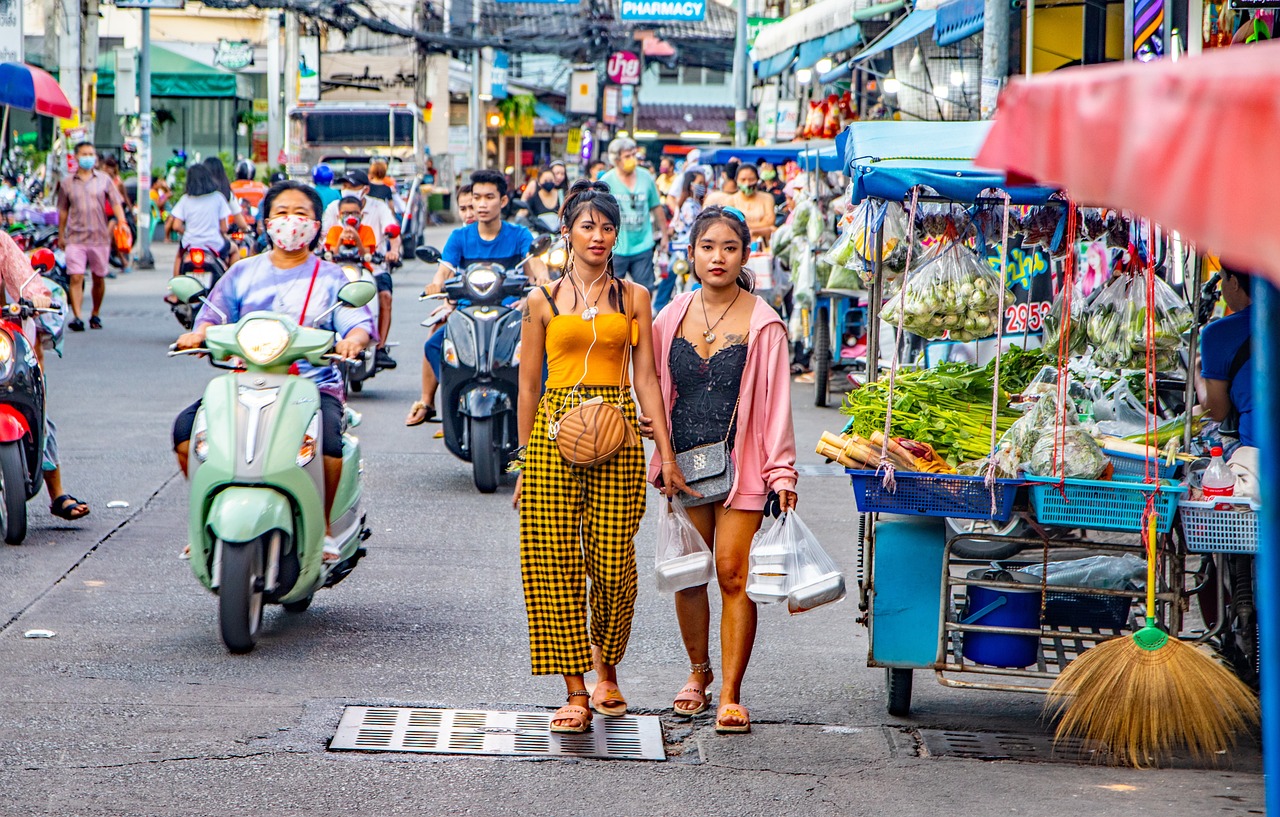In Thailand, where Buddhism holds significant cultural and religious influence, certain holidays are observed with solemnity and reverence. Among these are Magha Puja, Visakha Bucha, Asahna Puja Day, Wan Khao Phansa, and Wan Awk Phansa. These occasions mark pivotal events in Buddhist history, such as the birth, enlightenment, and passing of Lord Buddha. While these holidays are times for reflection and spiritual observance for many Thais, they also come with strict regulations regarding the consumption of alcohol.
Thai authorities enforce a prohibition on the distribution of alcoholic beverages during these religious holidays as a means to uphold the sanctity of the occasions. Abstaining from intoxicants, including alcohol, is one of the Five Precepts encouraged for Buddhists, making the alcohol ban a reflection of cultural and religious values.
Those found violating the alcohol ban during these holidays face severe penalties, including potential imprisonment for up to six months and/or a fine of 10,000 baht. The enforcement of these penalties underscores the seriousness with which Thai authorities approach the observance of Buddhist traditions.
The origins of the alcohol ban can be traced back to legislative measures implemented in the late 2000s. The Alcoholic Beverages Control Bill, passed during the tenure of the Council for National Security following the 2006 coup, laid the groundwork for the prohibition. Subsequent administrations, including that led by Abhisit Vejjajiva, further reinforced the ban through ministerial regulations, initially targeting specific holidays.
However, it was the post-coup government of the National Council for Peace and Order in 2015 that expanded the scope of the alcohol ban. Not only were hotels included in the prohibition, but a fifth holiday, Wan Awk Phansa, was added to the list of occasions covered by the ban. The only exceptions granted were for airport duty-free shops and business-to-business sales.
This prohibition on alcohol during Buddhist holidays is not a recent development but rather a reflection of historical attitudes towards alcohol in Thai society. Historical accounts suggest that alcohol consumption was less prevalent in earlier centuries due to prevailing Buddhist beliefs. Royalty and courtiers during the Ayutthaya Period were known to abstain from alcohol, although enforcement was not always strict.
King Rama I’s era saw stringent measures against alcohol consumption, with penalties even extending to members of the royal family. However, as Thailand became increasingly exposed to foreign influences, particularly through trade, attitudes towards alcohol began to shift.
Modern efforts to regulate alcohol consumption date back to the 1970s, with restrictions on sales hours initially imposed to address societal issues such as absenteeism from work due to hangovers. These regulations were later reinforced, particularly with the proliferation of convenience stores across the country.
Today, the alcohol ban during Buddhist holidays serves as a reminder of the intersection between cultural traditions, religious observance, and legal regulations in Thailand. It reflects the ongoing effort to balance the preservation of cultural heritage with the realities of modern society. As Thailand continues to evolve, so too will the dynamics surrounding the observance of Buddhist traditions and the enforcement of related regulations.
Move Forward Party Advocates for Scrapping Alcohol Ban on Buddhist Holidays in Thailand
In the wake of the recent enforcement of alcohol bans during Buddhist holidays in Thailand, Move Forward Party Member of Parliament, Amarat Chokepamitkul, underscores the party’s policy to abolish such prohibitions. The stance comes following the silence that engulfed Thailand’s typically lively nightlife during the observance of Visakha Bucha Day.
Amarat Chokepamitkul, newly elected as a party-list MP for Move Forward after a surprising victory in the national polls, reiterates the party’s commitment to scrapping the ban. She emphasizes that the government should function as a secular entity rather than imposing the religious beliefs of one group on the diverse populace of Thailand.
Highlighting the rationale behind lifting the ban, Taopiphop Limjittrakorn, another MP elected under the Move Forward banner representing Bangkok, argues for the preservation of individual freedoms, including freedom of faith and occupation, as enshrined in the Constitution. He asserts that Thailand’s multicultural nature should be respected, and policies should reflect this diversity.
Amarat Chokepamitkul further points out that the enforcement of alcohol bans during Buddhist holidays contrasts with the practices in most other countries, except for theocracies. She suggests that if concerns about drunk driving persist, alternative measures such as increased checkpoints to detect alcohol levels in drivers could be implemented instead of a blanket alcohol ban.
Support for the move to lift the ban is echoed in a survey conducted by Assoc Prof Dr Thamrongsak Petchlert-anan of Rangsit University, which revealed that a majority of Generation Z respondents (aged 18-25) favored scrapping the ban. The survey indicated that over half of the respondents expressed a desire to see an end to the prohibition, while only 30.6% supported its continuation, with the remainder opting not to comment.
As debates surrounding the alcohol ban on Buddhist holidays continue, the Move Forward Party remains steadfast in its advocacy for policy reforms aimed at promoting individual liberties and respecting Thailand’s diverse cultural landscape.
However, as of 25th of February 2024 there is no news that anything has changed.
